Investing in the transformation of workplace culture is one of the best things to ensure the future success of your company. In addition to raising productivity levels, having a good team dynamic can also improve employee retention and loyalty.
However, it can be challenging to undertake the task of improving team dynamics on your own. To accomplish this goal, you would need to enlist an outside expert to create coaching plans to bring positive changes across all levels of your organisation.
This expert, also known as a culture coach, works by assessing the workplace environment before determining the best approach for your company. Then, the coach develops strategies for motivating employees to proactively instigate changes in their habits, behaviour, and performance.
Aside from training team members, the culture coach also helps leaders learn how to manage their teams more effectively. A culture coach’s job is to instil a culture of collaboration, constructive evaluation, and honesty, as all these qualities are necessary for your organisation to thrive.
If you’re still thinking twice about getting a culture coach, here are a few reasons why having one will significantly benefit your organisation beyond driving revenue and improving your office’s atmosphere:
Increases Employee Engagement
Disengaged employees create an unhappy atmosphere that would discourage the whole team from becoming committed enough to finish a project. A culture coach can identify the root cause of disengagement and help employees see the value in what they do. It creates a sense of unity among the team and more authentic relationships across all levels.
Besides improving internal relations, a culture coach can also improve customer experience by transforming a disaffected workforce into a team that’s dedicated and passionate about helping others.
Helps Improve Performance and Productivity
Improving team performance is a collaborative task between members and leaders, and a coach to help both sides can result in significant returns on investment beyond a better office atmosphere.
By encouraging insightful feedback from both sides, a culture coach can make team members feel more empowered to achieve their career goals. A coach can also train team members to take more initiative. Coaching can help many of these employees become the leaders of the future while still being good followers.
Encourages Agility, Creativity, and Responsibility
A well-planned coaching programme encourages participants to think creatively and systematically to produce solutions. A good culture coach encourages the team to be agile enough to make well-informed decisions, even in unexpected situations.
Additionally, a coach can teach employees to be responsible for their actions regardless of where they stand in the company hierarchy. Having accountable employees promotes empathy and understanding, especially towards team members with different viewpoints, backgrounds, and beliefs.
Trains Team Heads to Have Better Leadership Skills
Although culture coaches primarily focus on improving team dynamics, they can also help team heads gain better leadership skills that will eventually allow them to drive the changes themselves. By improving their leadership skills, team leaders can motivate their subordinates to deliver results while also humanising them enough to make them feel valued.
Promotes Open Communication
Sometimes, it takes someone outside an organisation to point out how to communicate better. A good workplace culture encourages everyone to openly communicate their qualms and struggles so that any wrinkles in team projects can be easily ironed out.
Culture coaches are experts at breaking down these communication barriers. By fostering this culture of open communication, teams will be able to identify any conflicts to be resolved to have a workplace that encourages people to do their best.
Prevents Instability and Improves Company Reputation
For your company to have long-term success, you would need to ensure that your team is capable of working harmoniously. Having teams that work well among each other means that employees are willing to stay long enough to ensure that projects and tasks always follow through. Conversely, imbalances in all aspects of a company’s culture only lead to less credibility, less stability, and a bad reputation.
Adopting a Forward-Thinking Mindset Through Culture Change
Workplace culture is a key pillar of your organisation that will either propel it forward or take a few steps back. That said, you would need an independent expert with knowledge of handling teams and fostering group camaraderie to keep your organisation from becoming toxic and fractionalised.
The truth is that culture change takes time, effort, research, and planning. A culture coach has the knowledge and skills to handle the heavy task of implementing a coaching plan to guide all the team toward changing their behaviours and habits.
These steps towards progress, no matter how small, will eventually result in a big wave of change that may even lead to surprising ROIs in the long run.
If you want to know more, call us on 1300 551 274 or send an email at team@teamfocusplus.com. We look forward to hearing from you.





